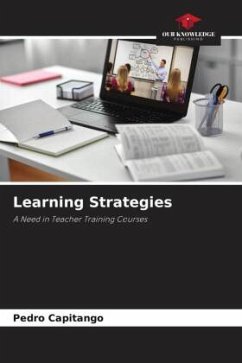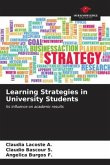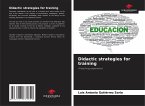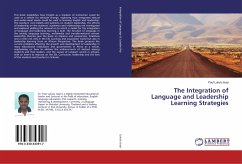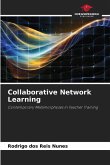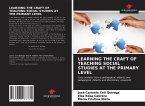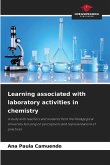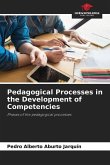The appropriate and effective use of learning strategies is one of the factors that contributes significantly to the acquisition of knowledge and the academic success of students. Thus, it is essential that students have a varied repertoire of these strategies. However, the lack of content and practice related to learning strategies in teacher training courses, and the lack of practical skills for teaching them, has contributed to the existence of students with a repertoire of strategies that is not very varied, and to negative academic performance. The present work aimed to investigate the presence (or absence) of learning strategies in the teacher training courses for Biology and Geography at the Higher Institute for Educational Sciences in Huambo-Angola, with the purpose of contributing to the reflection not only of the students, but also of the teaching staff, in order to find methodologies that allow future teachers to know the various learning strategies, so that during their professional performance they can help their students to acquire them, and know when and how to use them.
Bitte wählen Sie Ihr Anliegen aus.
Rechnungen
Retourenschein anfordern
Bestellstatus
Storno

